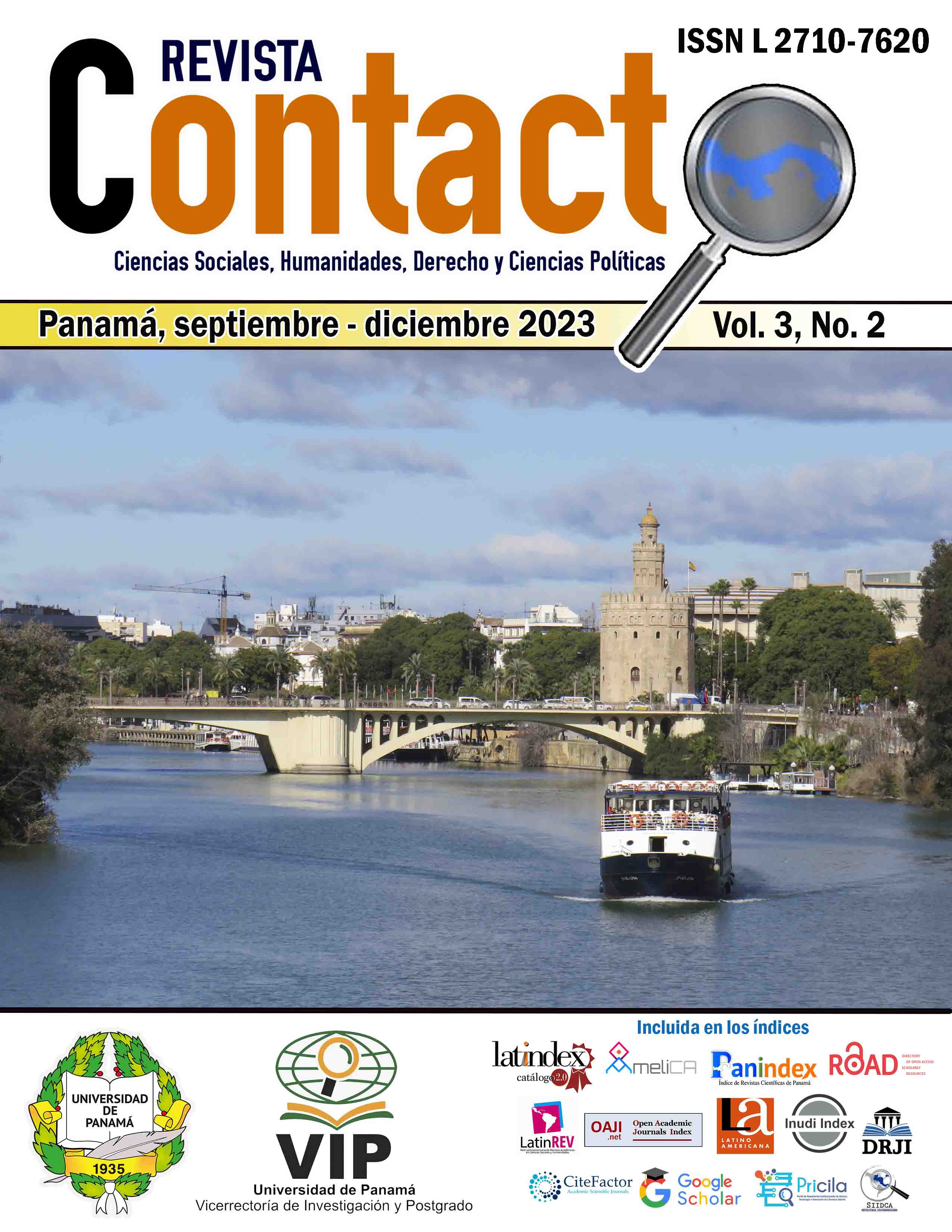

Copyright (c) 2023 Revista Contacto

This work is licensed under a Creative Commons Attribution-NonCommercial-ShareAlike 4.0 International License.
Modernity has been a central object in the social sciences, spanning from the Renaissance to the present. The analysis focuses on various aspects, exploring how it has influenced social organization, institutions and daily life. Family transformations, urbanization, secularization and changes in cultural values are under study. It examines the economic implications from the Industrial Revolution to globalization, analyzing production, labor and the distribution of wealth. The emergence of modern forms of government, such as democracy and nation-states, as well as their impact on politics and power, is another relevant aspect. The relationship between the State and civil society, as well as changes in political participation, are also explored. Modernity, marked by technological and scientific advances, has transformed the way people live and relate. Globalization, the result of modernity, implies greater cultural, economic and political exchange, studying how it contributes to cultural diversity and cultural interactions in an interconnected world. However, modernity generates debate and criticism in the social sciences. Some see it as an emancipatory process, while others highlight challenges such as alienation, inequality and environmental degradation. In the following work, the concept of modernity is explored through the revision of texts by thinkers such as Weber, Marx, Durkheim, Anthony Giddens, Michel Foucault and Jürgen Habermas.